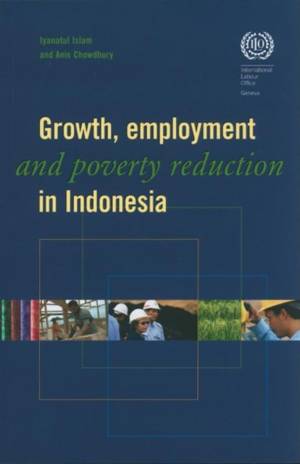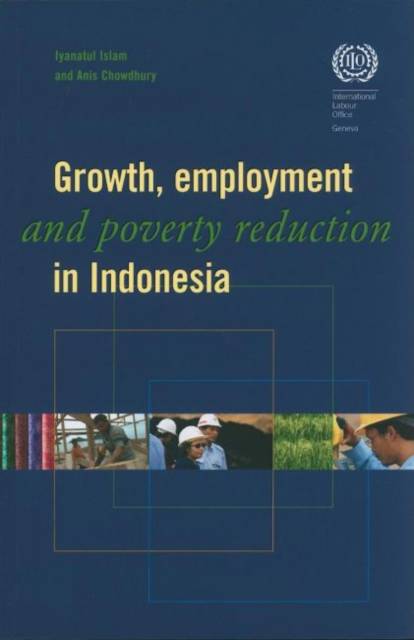
- Afhalen na 1 uur in een winkel met voorraad
- Gratis thuislevering in België vanaf € 30
- Ruim aanbod met 7 miljoen producten
- Afhalen na 1 uur in een winkel met voorraad
- Gratis thuislevering in België vanaf € 30
- Ruim aanbod met 7 miljoen producten
Growth, Employment and Poverty Reduction in Indonesia
Iyanatul Islam, Anis ChowdhuryOmschrijving
This timely study examines the impact of policies on growth, employment, and poverty reduction in Indonesia, reviewing the periods both before and after the country's 1997 financial crisis and drawing important implications for today's policymakers.
The authors analyze the Indonesian labor market and explore approaches to foster growth and poverty reduction. They argue that deindustrialization, decline in employment elasticity, and lack of growth of real wages seem to be the key features of labor market performance in the post-1997 period. The book makes the case for a new reform agenda that empowers labor market institutions and prioritizes investment in public infrastructure and expenditure on human development over inflation targeting and fiscal conservatism.
Focusing on the agriculture, manufacturing, construction, and services sectors, as well as assessing macroeconomic policies, this book addresses current challenges with respect to past and emerging trends. It advocates recognizing Indonesia's strengths and fostering a skilled workforce that can adapt and respond to the imperatives of industrial transformation.
Specificaties
Betrokkenen
- Auteur(s):
- Uitgeverij:
Inhoud
- Aantal bladzijden:
- 220
- Taal:
- Engels
Eigenschappen
- Productcode (EAN):
- 9789221220015
- Verschijningsdatum:
- 9/06/2010
- Uitvoering:
- Paperback
- Formaat:
- Trade paperback (VS)
- Afmetingen:
- 165 mm x 235 mm
- Gewicht:
- 340 g

Alleen bij Standaard Boekhandel
Beoordelingen
We publiceren alleen reviews die voldoen aan de voorwaarden voor reviews. Bekijk onze voorwaarden voor reviews.











